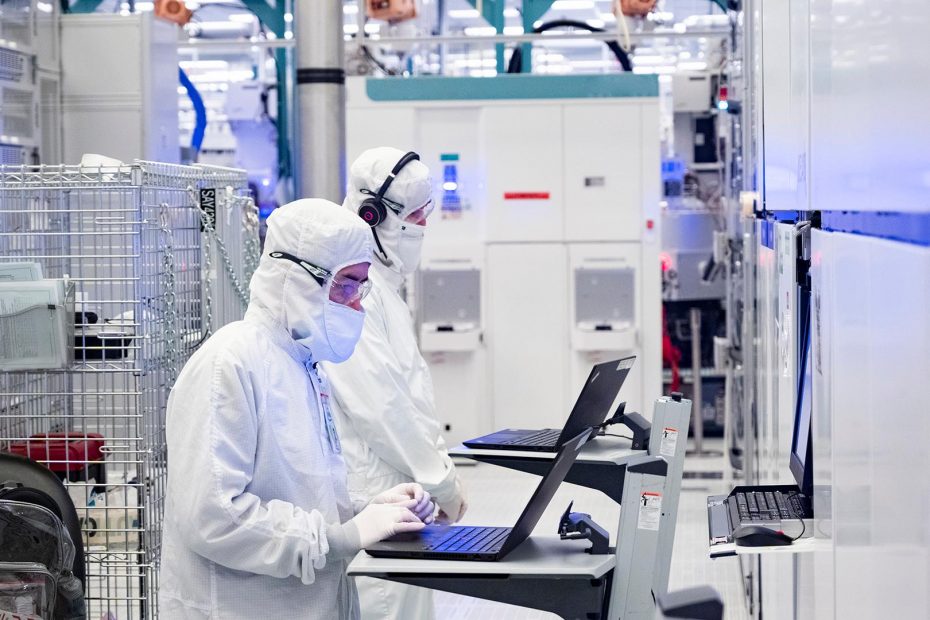In the semiconductor foundry business we all know that TSMC sits at the top, followed by: Samsung, UMC, GlobalFoundries and SMIC. So Intel wants back into this service business, and is slowly rebuilding its capabilities after a failed first attempt in the foundry business years ago. A foundry needs semiconductor IP and approved EDA tools flow, and these all come from outside of Intel. Today, we saw the first press from Intel Foundry Services with the launch of something called Accelerator, an Ecosystem Alliance.
The major EDA players all issued their own press releases, confirming that they’ve joined the alliance:
Semiconductor IP vendors are also showing their support for the alliance:
So it’s an ambitious reboot for IFS, yet I have several follow on questions:
- Do the EDA tool vendors have to qualify their specific tools for each Intel process node? When does that happen?
- Will the IP vendors have to do test tape outs to prove the worthiness of their building blocks? When will that happen?
- Who are the first customers of IFS, beyond the DOD/RAMP-C program, AWS and Qualcomm. When do we see actual silicon results?
- Will IFS hold technology road shows for their customers and prospects, like TSMC and Samsung do?
- What is the ideal IFS customer profile?
I’ve watched Intel Capital invest in EDA and IP companies for many years now, so it’s a smart move to invest another $1B in early-stage startups doing IC design. IFS offering x86, Arm and RISC-V cores makes sense, anything to keep the foundry full should be attractive. I’d like to see IFS use their own domain name, like intelfoundry.com, just to create some distance with intel.com.
Instead of spending $20B on a fab in Ohio, I would’ve setup a new Intel fab in Taiwan, as an incentive to attract local talent away from TSMC and help play catchup in process technology development.
Classical marketing theory says that it’s unwise to choose a frontal assault against established competitors, so IFS has to use some strategy of going after foundry customers in some narrower segments that they can defend and even dominate. It’s not really evident to me what this narrow market segment is that IFS is trying to serve that their competitors are not serving already.
Sure, I wish IFS much success, and Intel was the best hardware company that I ever worked at, so I’ll continue to watch the rollout in the coming months and years.



